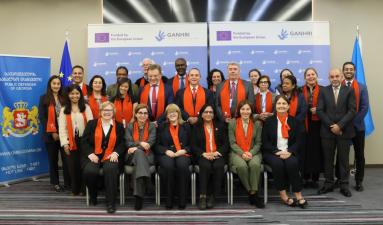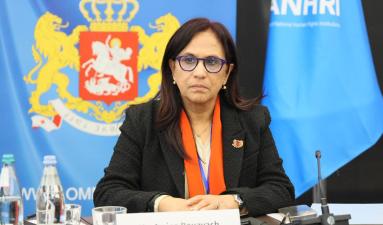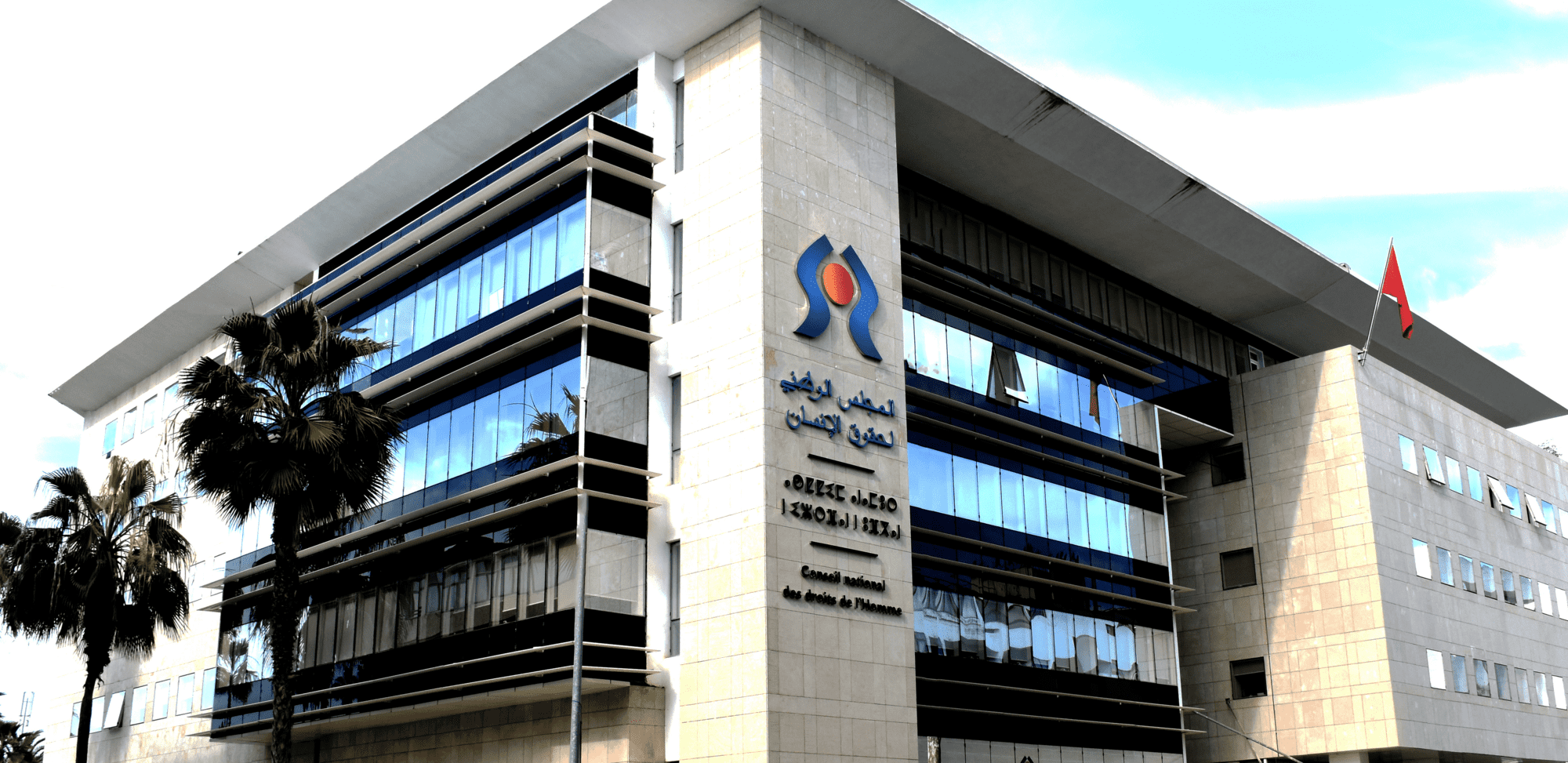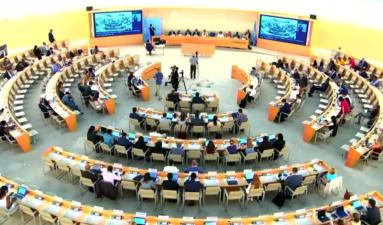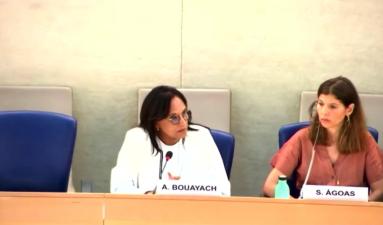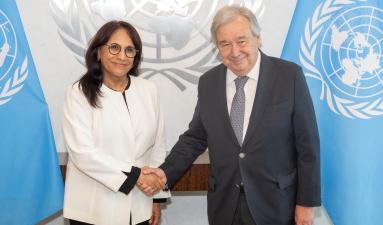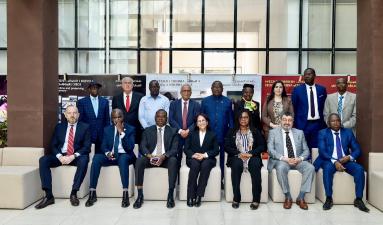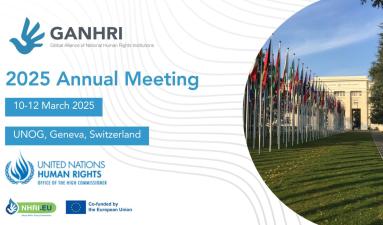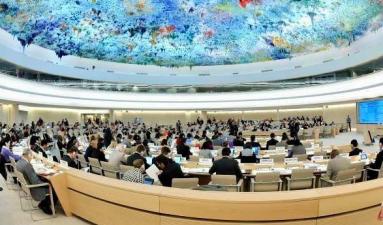
On Tuesday 23 April 2019 in Sharm El Sheikh, Ms. Amina Bouayach, Chairperson of the National Human Rights Council (CNDH), chaired the closing session of an event on the Regional follow-up and review of the Global Compact for Migration (GCM).
This event was organized on the sidelines of the 64th ordinary session of the African Commission on Human and People’s Rights (ACHPR) by the Working Group on Migration of the Network of African National Human Rights Institutions (NANHRI), chaired by CNDH.
CNDH Chairperson stressed the need to promote the protection of the rights of migrants, refugees and displaced persons in the African Continent. The migration context faces several challenges relating to the adoption of successful policies to integrate migrants and to guarantee their rights. North-South and South-South cooperation, mainly among African countries, should be based on effective and unconditional solidarity and the involvement of all relevant stakeholders without exclusion, said Ms. Bouayach.
The number of States ratifying the Convention stands only at 51 and most of them from South countries. CNDH drew the attention to the continued abstention of developed States to fulfil their international human rights obligations by refusing to ratify the International Convention on the Protection of the Rights of All Migrant Workers and Members of Their Families.
Prominent personalities from African countries including the Chairperson of the ACHPR, the Special Rapporteur on Refugees, Asylum Seekers, Internally Displaced Persons and Migrants in Africa and chairpersons of African NHRIs took part in this event.
On this occasion, Ms. Bouayach highlighted the reality according to which African migrations are intra-African migrations par excellence. The statistics show that four out of five African migrants move from an African country to another. This reality was ignored by the political and media discourse that focuses only on migration from South countries to North ones, although migrants account for less than 3% of the world population (about 258 million migrants in 2017).
Despite this reality, blackmailing acts against migrants are increasing, added Ms. Bouayach. Migrants are considered one-upmanship of nationalist or right-wing political movements that reject people from other cultures and civilizations. This result increased political rhetoric that incited hatred and xenophobia and labels migrants as the cause of dysfunctional public policies. It is very clear that migrants are far from being a source of the impoverishment of the host country. On the contrary, they contribute to its development since 85% of migrants’ incomes remain in these countries.

